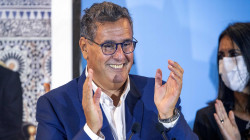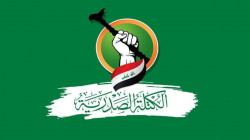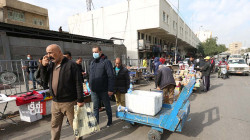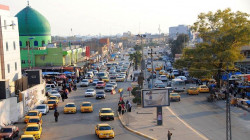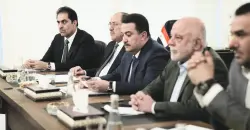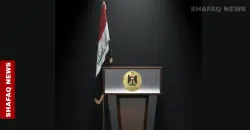CF: a new government will be formed this October
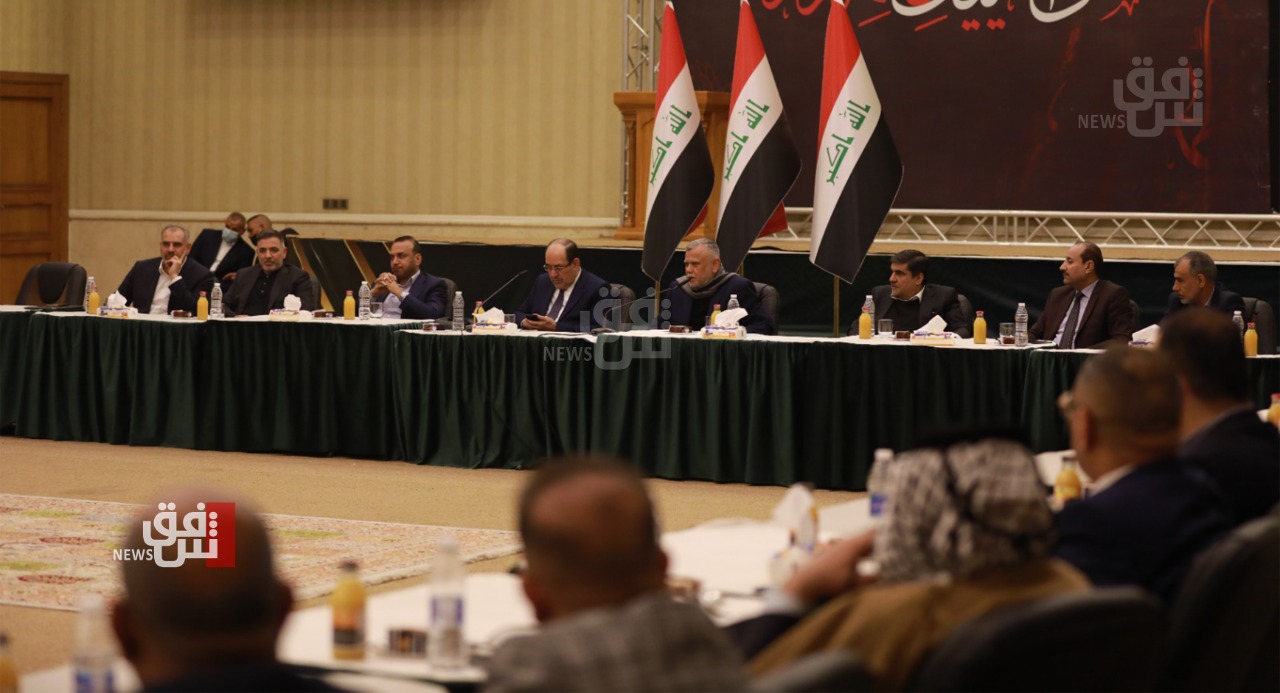
Shafaq News/ The Shiite Coordination Framework (CF) revealed that the next government would be formed before the end of October, confirming that the dialogue among the political forces would continue in this regard.
A CF deputy, Gharib Askar, told Shafaq News Agency, "The Framework continues the dialogue with the political forces to form the new government. We will find a radical solution to resolve the crisis in the coming days."
Askar revealed that the Parliamentary sessions would be resumed next week, but there is no scheduled time to elect the head of the state," noting that "the new government will be formed before the end of this month."
Iraq marked its most extended post-election deadlock as infighting among Shi'ite groups, in particular, prevented the formation of a government.
More than nine months since the October election, lawmakers tasked with choosing a president and prime minister looked no closer to an agreement, bringing the country to a record without a head of state or cabinet.
The outgoing government of Prime Minister Mustafa al-Kadhimi continues to run the country. However, if parties cannot agree on a new government, Kadhimi might stay as caretaker until new elections can be held.
In a sign of further potential delays, thousands of supporters of populist Shi'ite cleric Moqtada al-Sadr stormed Baghdad's empty parliament, chanting slogans against his Shi'ite political rivals just days after they indicated agreement on a potential prime minister.
Iraqis say the situation is exacerbating a lack of services and jobs even as Baghdad earns record oil income because of high crude prices and has seen no significant wars since the defeat of SISI five years ago.
In the Shi'ite camp, the most significant October vote winner, Sadr, withdrew his 74 lawmakers from parliament last month after he failed to form a government that would exclude his Shi'ite rivals, most of whom are backed by Iran and have heavily-armed paramilitary wings.
Sadr's withdrawal ceded dozens of seats to those parties. Still, he has indicated he could stir up unrest among his millions-strong popular base - and his militia - if they try to form a government he disapproves of.
Sadr effectively vetoed arch-rival Maliki's candidacy, accusing the former premier of corruption.
Sadr's rivals floated another candidate, Mohammed Shiya al-Sudani, for prime minister, but Sadr appears to oppose his candidacy because he is an ally of Maliki.
Sadr's supporters broke into Baghdad's fortified Green Zone, which hosts foreign embassies and government buildings in central Baghdad, streaming past police and chanting.
Disagreement among the main Kurdish parties that run the semi-autonomous Kurdistan region in northern Iraq prevents the selection of a president - who, once chosen by parliament, names a prime minister.
The Patriotic Union of Kurdistan party has held the presidency since 2003.
Their rivals, the Kurdistan Democratic Party (KDP), which claimed the most significant number of Kurdish votes by far, are insisting on their presidential candidate. But unfortunately, neither side appears willing to budge.
